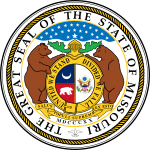
The 1978 United States Senate elections were held on November 7, in the middle of Democratic President Jimmy Carter's term. The 33 seats of Class 2 were contested in regular elections. Special elections were also held to fill vacancies.

United States gubernatorial elections were held on November 2, 2004, in 11 states and two territories. There was no net gain in seats for either party, as Democrats picked up an open seat in Montana while defeating incumbent Craig Benson in New Hampshire, while Republicans defeated incumbent Joe Kernan in Indiana and won Missouri after Bob Holden lost in the primary. These elections coincided with the presidential election.

United States gubernatorial elections were held on November 4, 2008, in 11 states and two territories. Prior to the election, eight of the total seats were held by Democrats and five by Republicans. Two governors were prohibited by term limits from seeking re-election in 2008. The only governorship to change party was the open seat in Missouri, which was won by a Democrat after being previously held by a Republican.
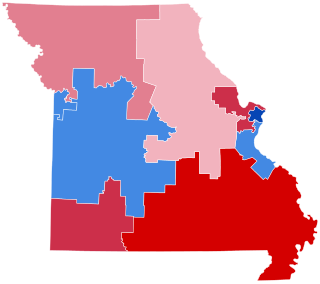
The 2008 congressional elections in Missouri were held on November 4, 2008, to determine who will represent the state of Missouri in the United States House of Representatives. The primary election for candidates seeking the nomination of the Republican Party, the Democratic Party, and the Libertarian Party was held on August 5.
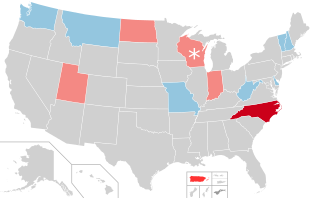
United States gubernatorial elections were held in 12 states and two territories. Of the eight Democratic and four Republican seats contested, only that of North Carolina changed party hands, giving the Republicans a net gain of one governorship. These elections coincided with the presidential election on November 6, 2012. As of 2024, this marked the last time in which a Democrat won the governorship in Missouri and the last time in which a Republican won the governorship in North Carolina.

The 1881 United States Senate election in New York was held on January 18, 1881, by the New York State Legislature to elect a U.S. Senator to represent the State of New York in the United States Senate.
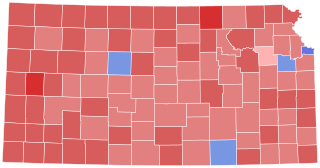
The 1996 United States Senate special election in Kansas was held November 5, 1996, concurrently with the presidential election and the regularly scheduled election for the state's Class 2 seat. Incumbent Republican U.S. Senator and Senate Majority Leader Bob Dole, the Republican nominee for president, had resigned on June 11, 1996, in order to focus on his presidential campaign. Lieutenant Governor Sheila Frahm was appointed to the seat upon Dole's resignation, but she was defeated in the primary by Representative Sam Brownback, who went on to win the general election over Democrat Jill Docking.
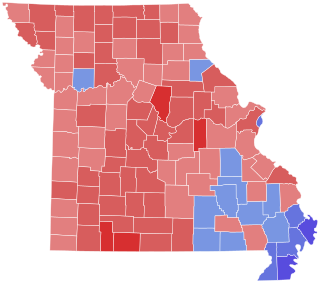
The 1976 United States Senate election in Missouri took place on November 2, 1976. Incumbent Democratic U.S. Senator Stuart Symington decided to retire, instead of seeking a fifth term.

Gubernatorial elections were held in the Philippines on May 13, 2013. All provinces elected their provincial governors for three-year terms who will be inaugurated on June 30, 2013, after their proclamation. Governors that are currently serving their third consecutive terms are prohibited from running as governors.

The 1864 Missouri gubernatorial election was held on November 8, 1864, and resulted in a victory for the Union Republican nominee, Thomas Clement Fletcher, over Democratic nominee former Congressman Thomas Lawson Price.

The 1868 Missouri gubernatorial election was held on November 3, 1868, and resulted in a victory for the Republican nominee, Congressman Joseph W. McClurg, over Democratic nominee former Congressman John S. Phelps.
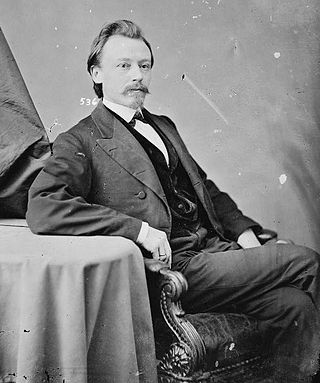
The 1876 Missouri gubernatorial election was held on November 7, 1876, and resulted in a victory for the Democratic nominee, former Congressman John S. Phelps, over the Republican candidate, former Congressman Gustavus A. Finkelnburg, and Greenback nominee J. P. Alexander.
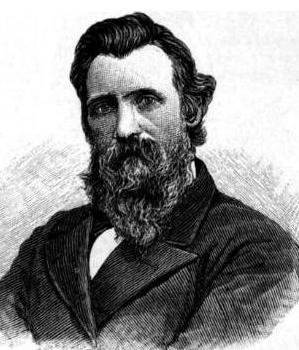
The 1884 Missouri gubernatorial election was held on November 4, 1884 and resulted in a victory for the Democratic nominee, former Confederate general John S. Marmaduke, over the Republican candidate, former Congressman David Patterson Dyer, and Populist nominee John A. Brooks.

The 1892 Missouri gubernatorial election was held on November 8, 1892 and resulted in a victory for the Democratic nominee, former Congressman William J. Stone, over the Republican candidate former Congressman William Warner, Populist candidate Leverett Leonard, and Prohibition candidate John Sobieski.

The 1908 Missouri gubernatorial election was held on November 3, 1908 and resulted in a victory for the Republican nominee, Missouri Attorney General Herbert S. Hadley, over the Democratic candidate, former Congressman William S. Cowherd, and several other candidates representing minor parties.

The 1928 Missouri gubernatorial election was held on November 6, 1928 and resulted in a victory for the Republican nominee, former Congressman Henry S. Caulfield, over the Democratic nominee, Francis M. Wilson, and several other candidates representing minor parties. Caulfield defeated lieutenant governor Philip Allen Bennett for the Republican nomination.
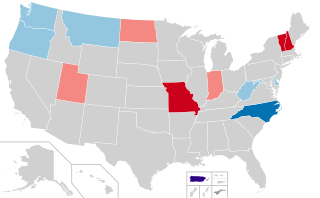
United States gubernatorial elections were held on November 8, 2016, in 12 states and two territories. The last regular gubernatorial elections for nine of the 12 states took place in 2012. The last gubernatorial elections for New Hampshire, Oregon, and Vermont took place in 2014, as Oregon held a special election due to the resignation of Governor John Kitzhaber, while the governors of New Hampshire and Vermont both serve two-year terms. The 2016 gubernatorial elections took place concurrently with several other federal, state, and local elections, including the presidential election, Senate, and House elections.

United States gubernatorial elections were held on November 3, 2020, in 11 states and two territories. The previous gubernatorial elections for this group of states took place in 2016, except in New Hampshire and Vermont where governors only serve two-year terms. These two states elected their current governors in 2018. Nine state governors ran for reelection and all nine won, while Democrat Steve Bullock of Montana could not run again due to term limits and Republican Gary Herbert of Utah decided to retire at the end of his term.

The 2020 Missouri gubernatorial election was held on November 3, 2020, to elect the governor of Missouri, concurrently with the 2020 U.S. presidential election, as well as elections to the United States Senate, elections to the United States House of Representatives, and various state and local elections. Incumbent Republican governor Mike Parson ran for and was elected to a full term in office. Parson was elected as lieutenant governor in 2016 but became governor on June 1, 2018, after incumbent Eric Greitens resigned under threat of impeachment by the state legislature. Parson declared his bid for a full term on September 8, 2019. State Auditor Nicole Galloway, Missouri's only Democratic statewide officer and only female statewide officer, was the Democratic nominee and if elected, would have become Missouri's first female governor.

